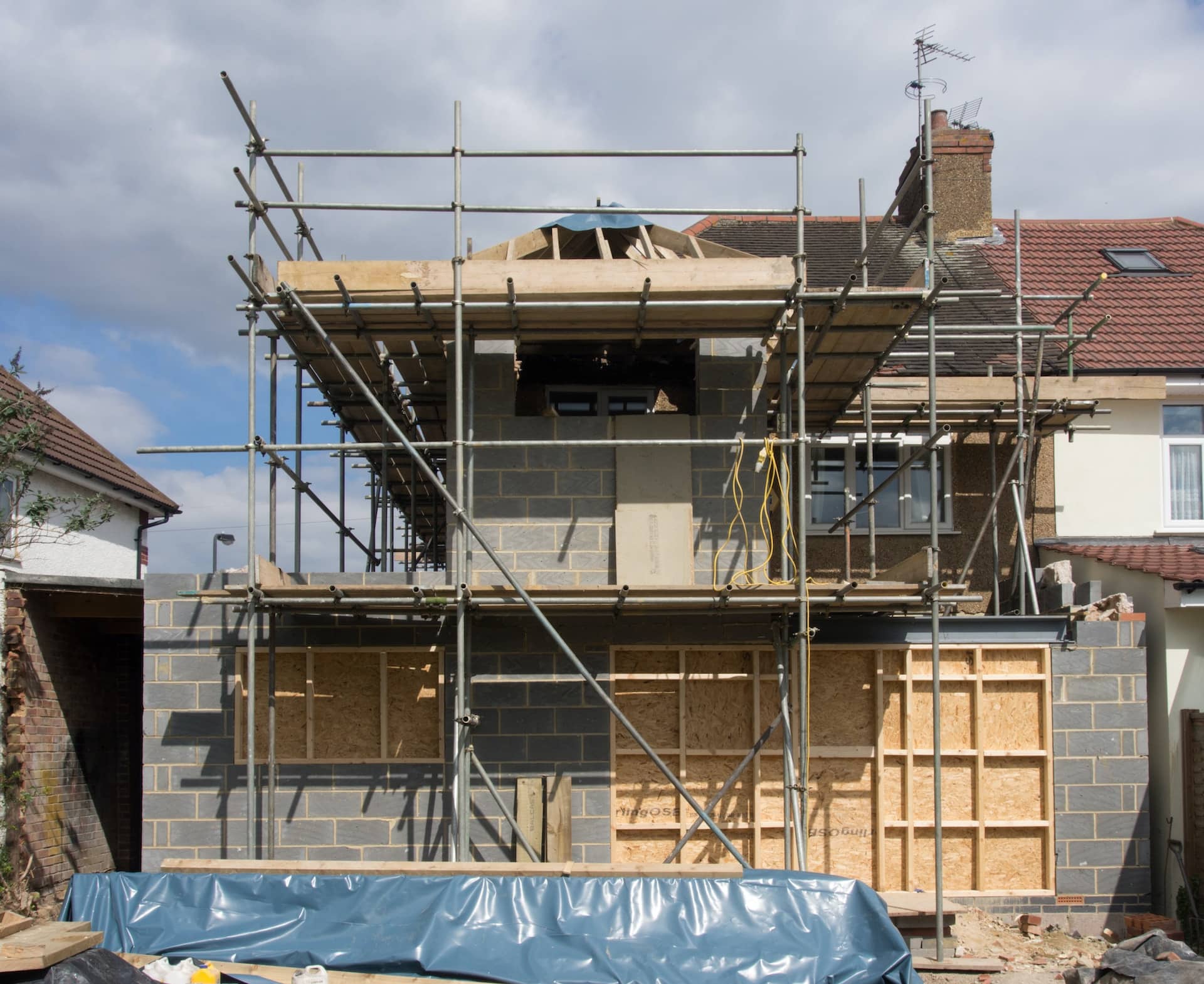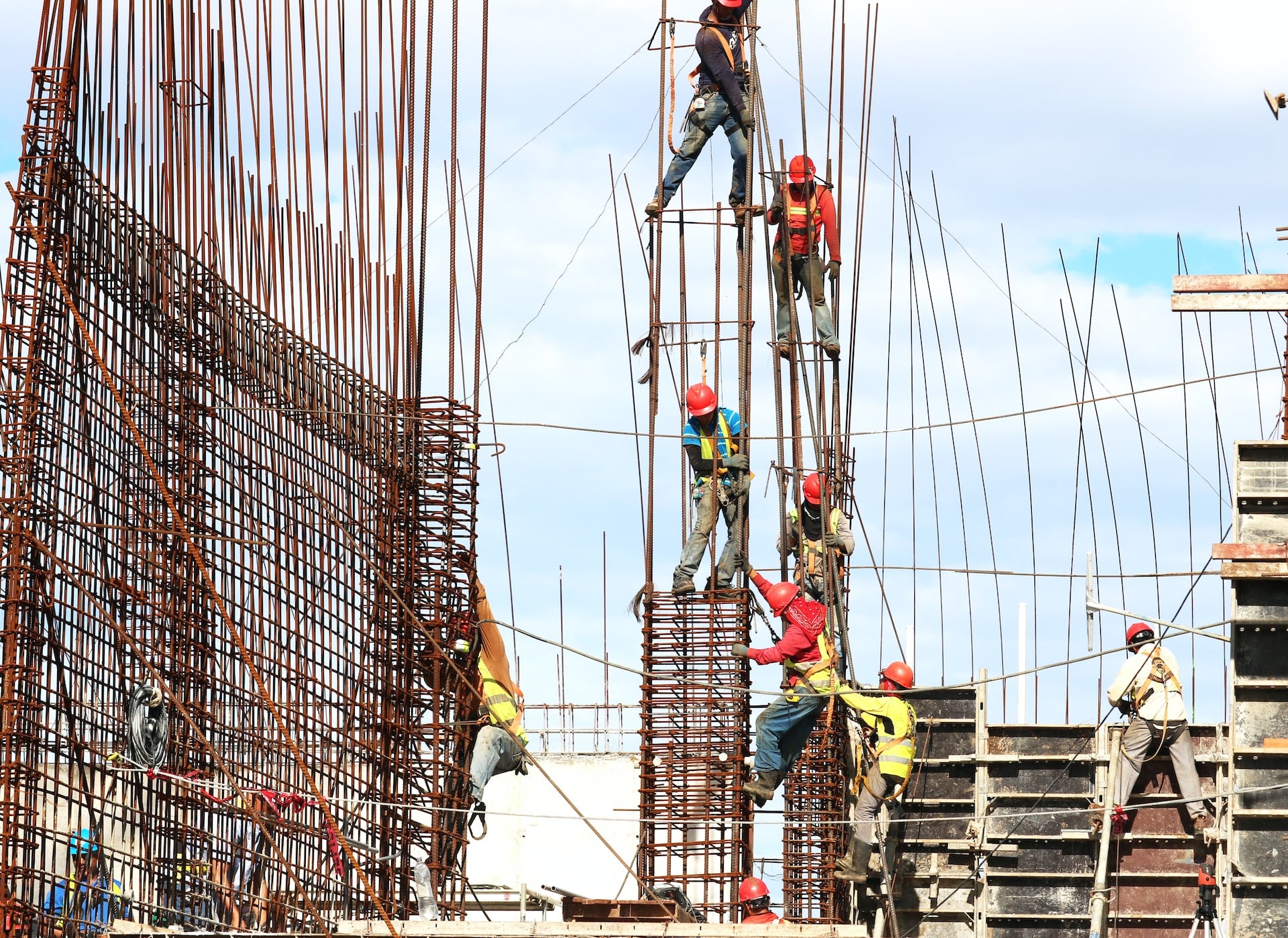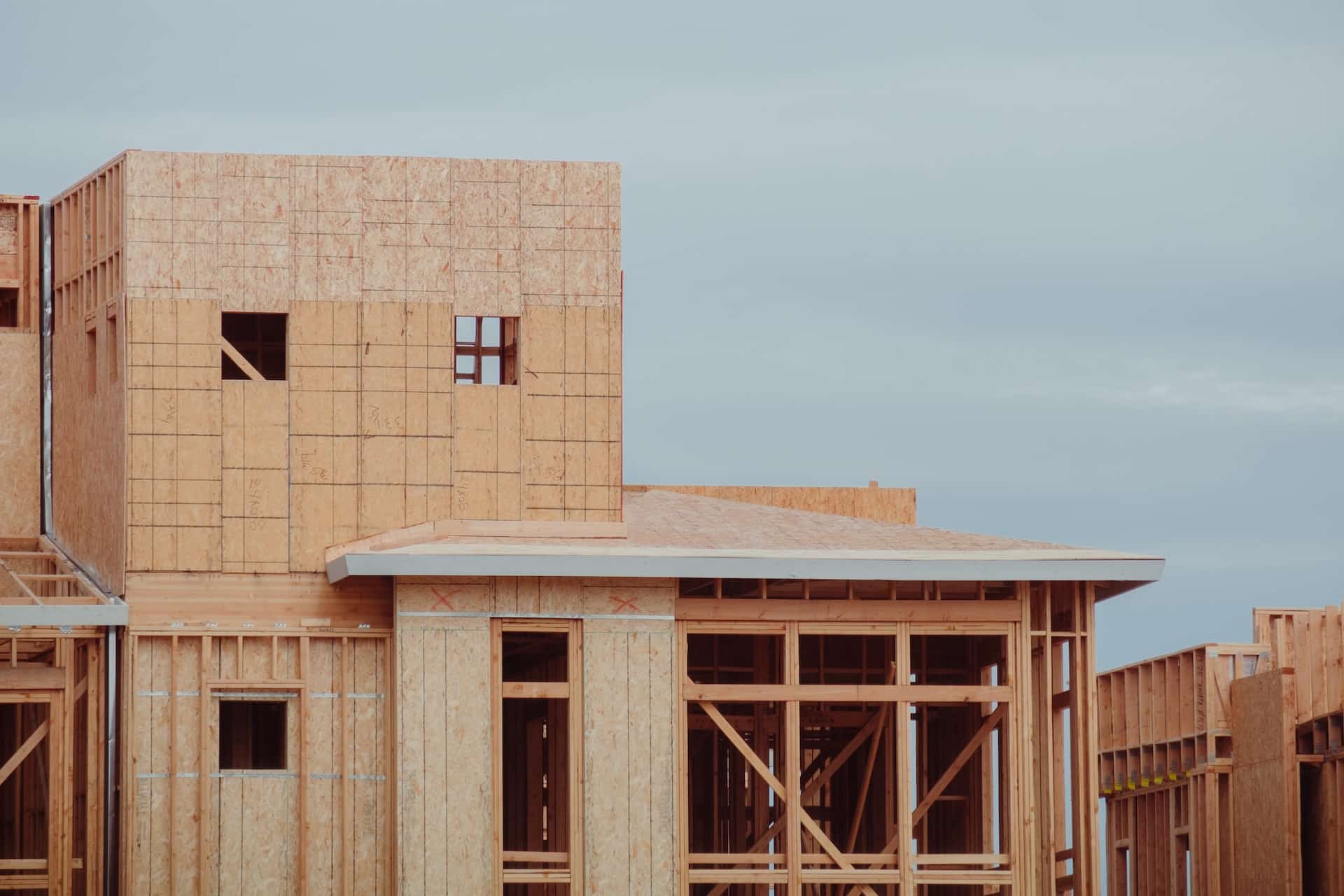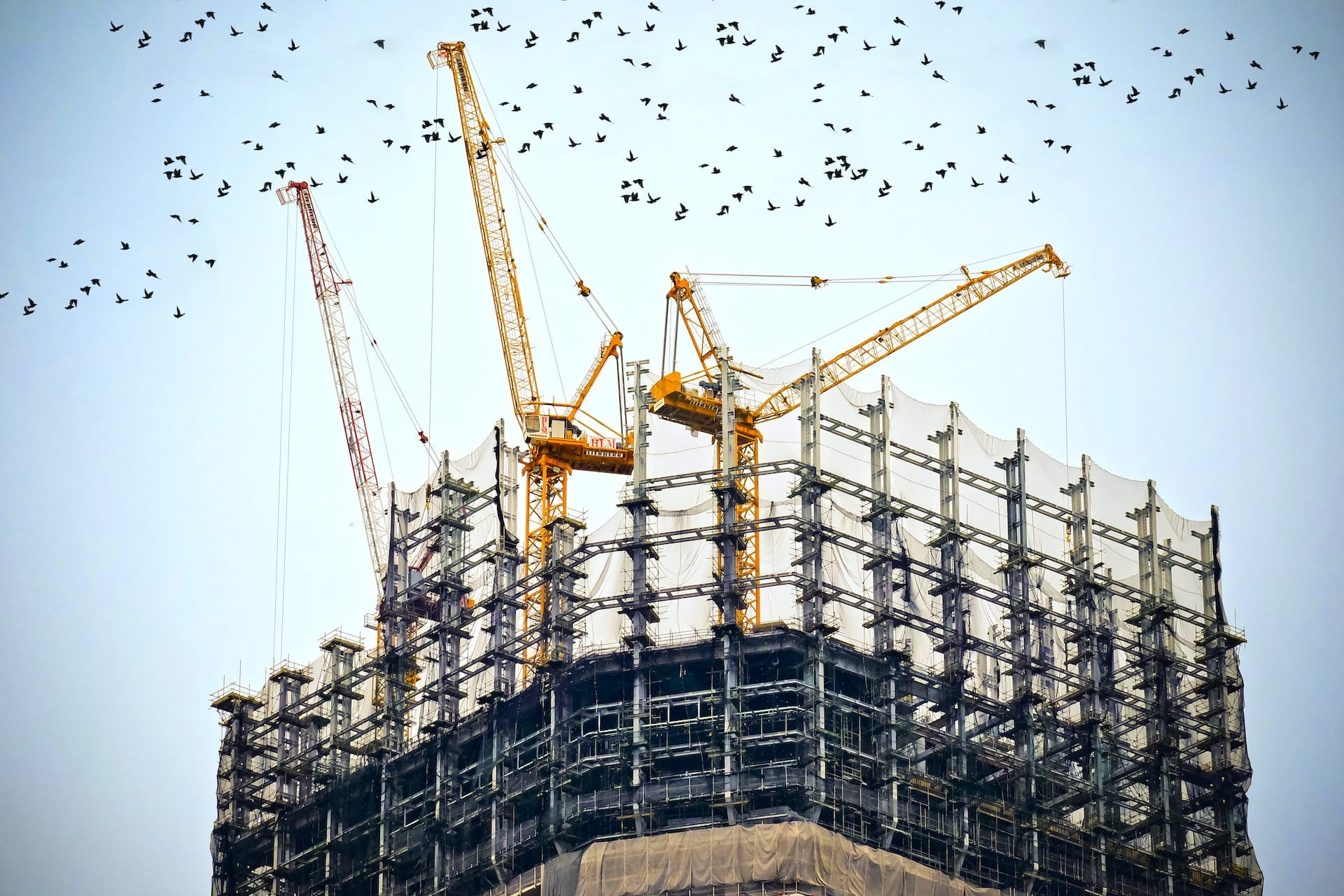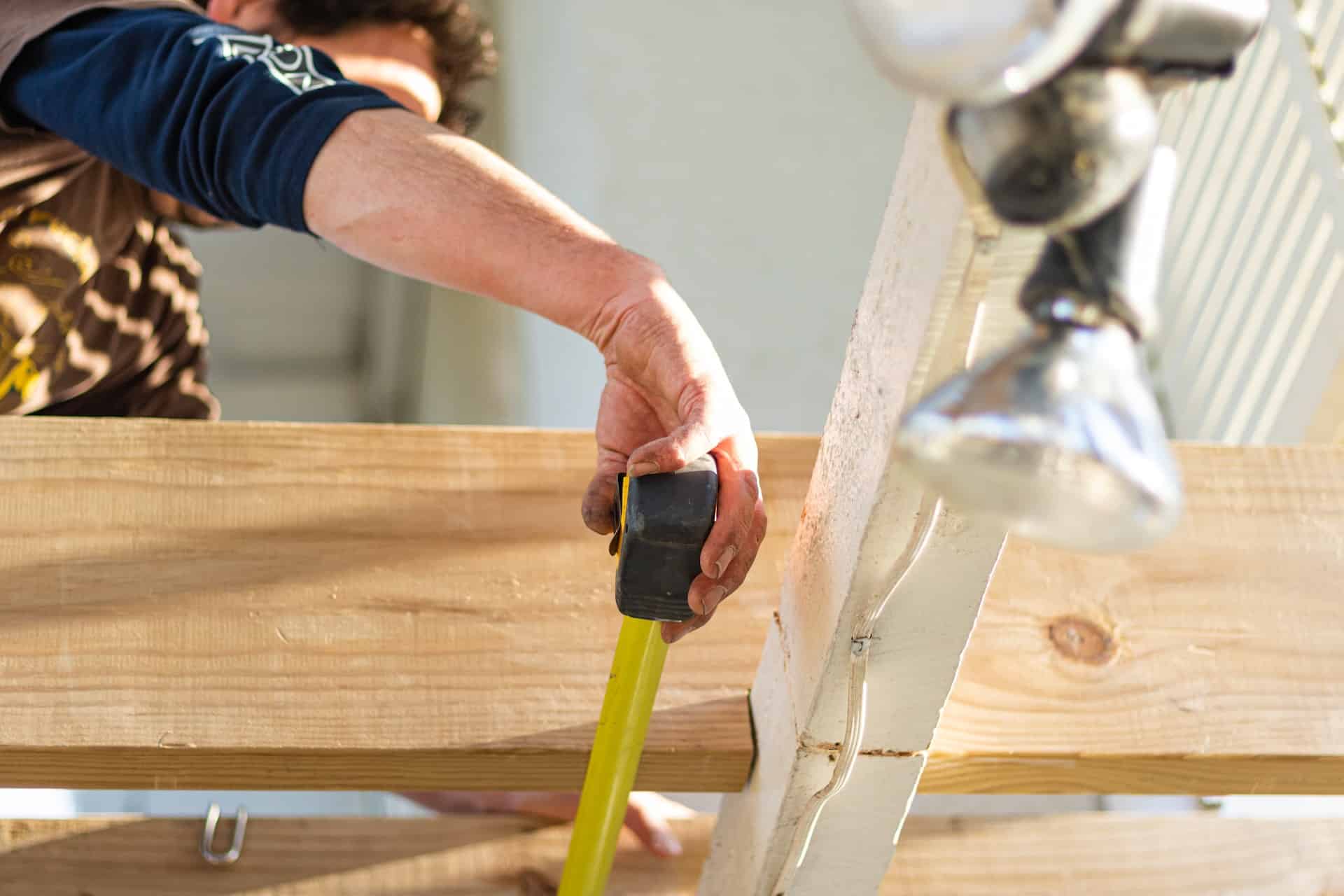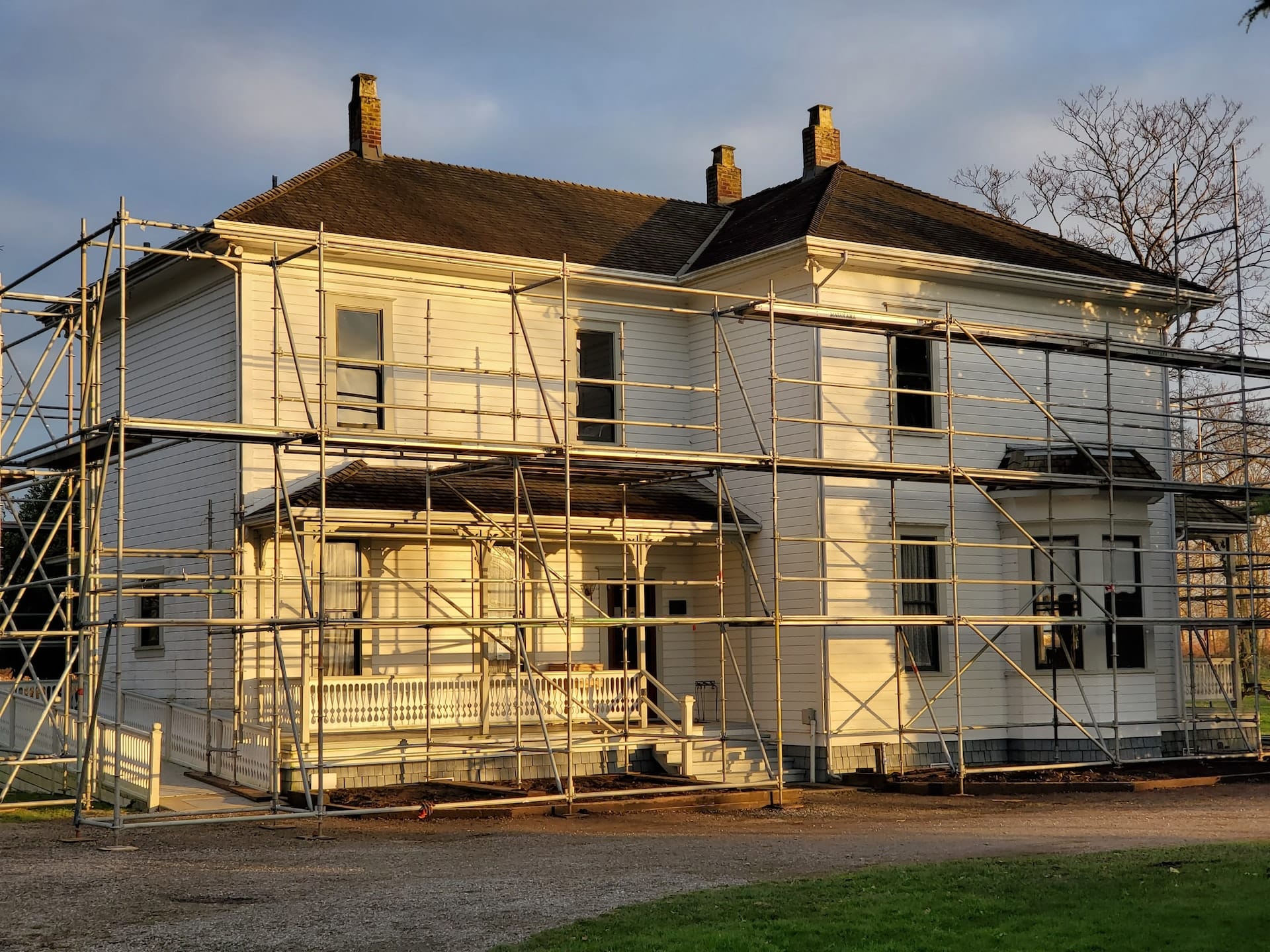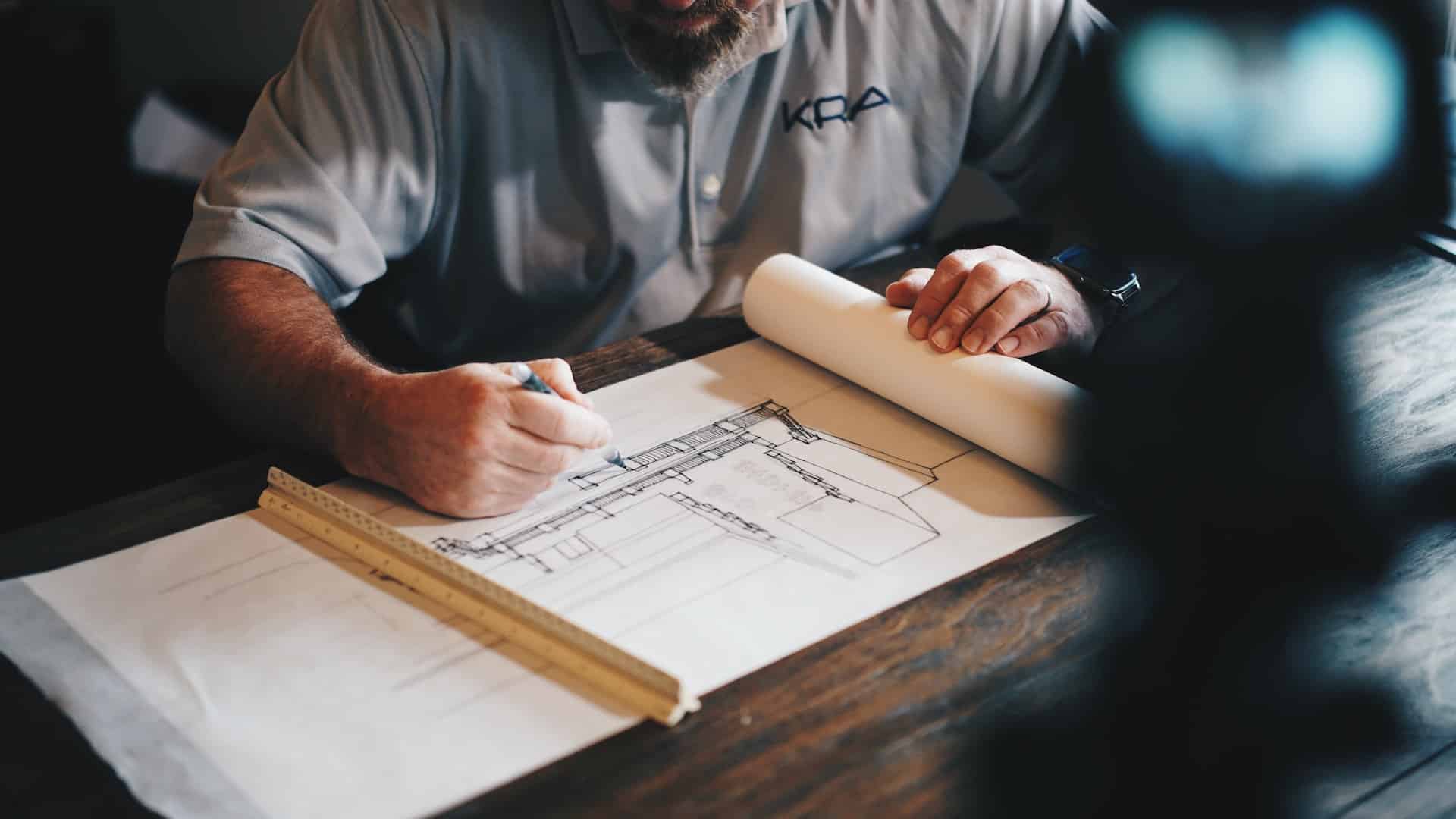The decision can be difficult when purchasing a new home because many options are available. Aside from that, the market is also a problem because most property prices are currently high, so it can be challenging to determine what type of home is right for you. While older homes certainly have their charm, a new construction home is an excellent alternative.
As the name suggests, a new construction home is a property that has been recently built or is in the process of being constructed. These homes typically have modern designs and updated amenities, so the investment is worth it. There are several advantages to purchasing a new construction home, and here are some reasons you might want to consider one:
#1 – Customizable Options
One of the most significant advantages of purchasing a new construction home is the ability to customize it according to your preferences. With a new build, you can choose the layout, finishes, colors, and other design elements that suit your taste and lifestyle. This allows you to create a personalized space that genuinely feels like home.
Builders often offer buyers a range of floor plans and upgrade options. This means you can select a home that meets your needs, whether you want an open-concept living area or need extra bedrooms for a growing family. Some builders even provide design centers or showrooms where you can see and touch various materials and finishes, making it easier to envision your dream home.
#2 – Energy Efficiency
New construction homes are often built with energy efficiency in mind, saving you money on utility bills and reducing your carbon footprint. Modern building codes require better insulation, windows, and heating and cooling systems than older homes. This means that new homes are more airtight and better to maintain a comfortable temperature, resulting in lower energy consumption.
In addition to meeting minimum requirements, many builders offer optional upgrades such as solar panels, energy-efficient appliances, or smart home technology that can further improve your home’s energy performance.
#3 – Modern Design and Amenities
New construction homes are built with modern design trends and amenities, which can make them more appealing and functional than older properties. Open floor plans, high ceilings, and large windows are standard features in new builds, creating bright and spacious living spaces. You’ll also find modern conveniences such as walk-in closets, en-suite bathrooms, and updated kitchens with the latest appliances, all of which can improve your day-to-day living experience.
On a related note, in-home technologies are also more advanced in new construction homes. Many builders now include smart home features, such as programmable thermostats, advanced security systems, and integrated entertainment systems, making your home more comfortable and efficient.
#4 – Better Location
Most new construction homes are located in planned communities carefully designed to offer a mix of residential, commercial, and recreational spaces. These master-planned neighborhoods often boast prime locations that provide easy access to amenities like schools, shopping centers, parks, and public transportation. As a result, living in a new construction home often means enjoying a more convenient and connected lifestyle.
Another advantage of these planned communities is that they are designed with the needs of modern families in mind. Many new neighborhoods feature amenities such as community centers, swimming pools, walking trails, and playgrounds, enhancing your quality of life and creating a strong sense of community among residents.
#5 – Lower Maintenance Costs
Maintenance is a crucial aspect of homeownership, and one of the significant advantages of new construction homes is that they typically require less maintenance than older homes. With new appliances, HVAC systems, plumbing, electrical systems, and roofing, you can expect fewer repairs and replacements in your new home’s first few years. This can save you time and money, allowing you to enjoy your home without worrying about costly maintenance issues.
New construction homes also come with warranties, which offer additional peace of mind. Many builders provide warranty coverage for various house components, such as appliances, structural elements, and other systems. If issues occur within the warranty period, the builder will address and fix them for free, which is a significant advantage over purchasing an older home because you might be solely responsible for costly repairs soon after moving in.
Conclusion
A new construction home is a worthwhile investment because it offers numerous benefits for the modern homeowner. Many options are available for new construction homes, so it’s only a matter of finding the best one that suits your needs. This way, you can enjoy a home tailored to your preferences without breaking the bank.
A&R Builders provides top-quality services for new home construction in Lehigh Acres. Our professional contractors can develop a functional, aesthetically pleasing house that suits your needs. Call us today at (239) 674-9025 to schedule an appointment!

